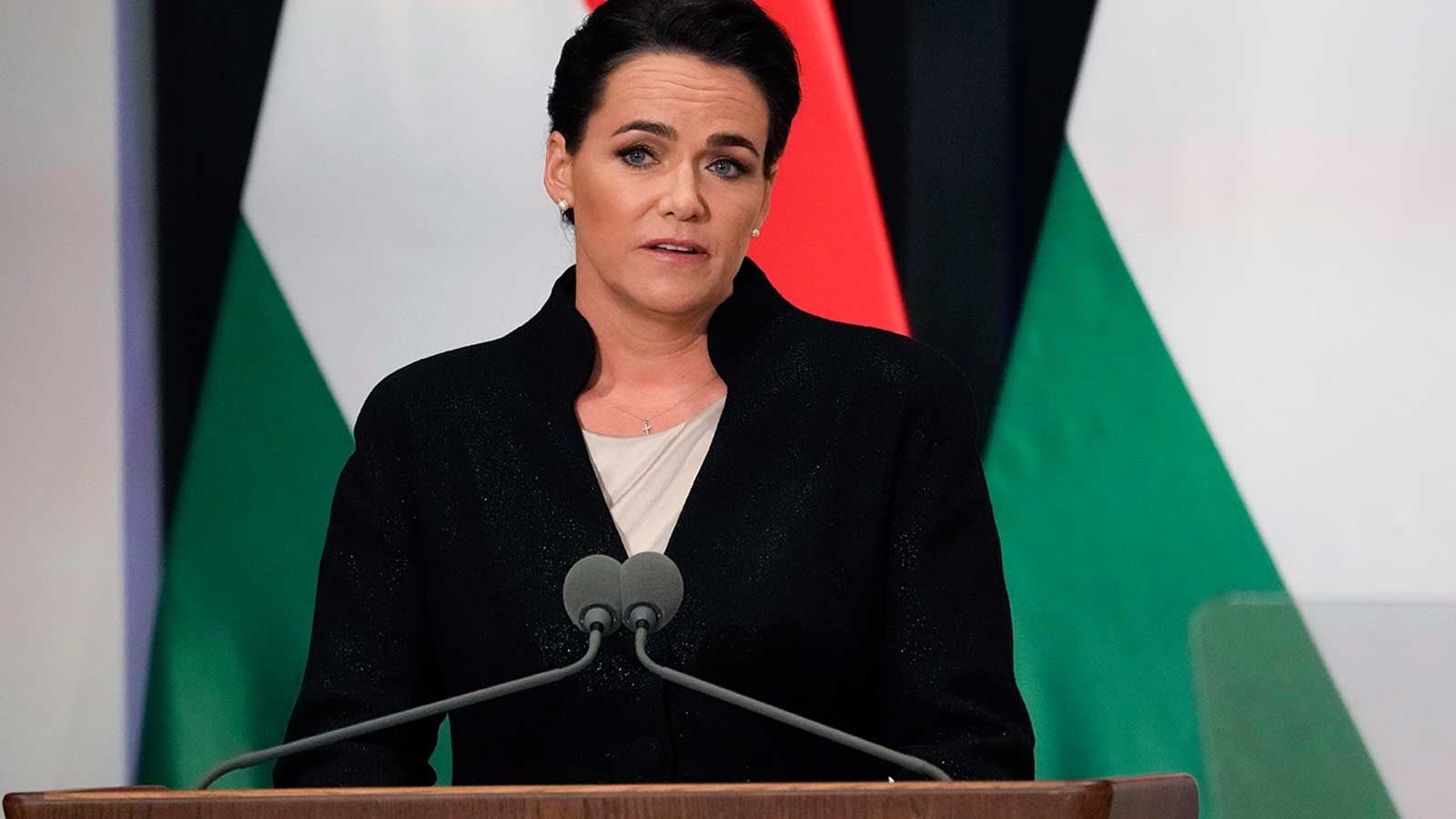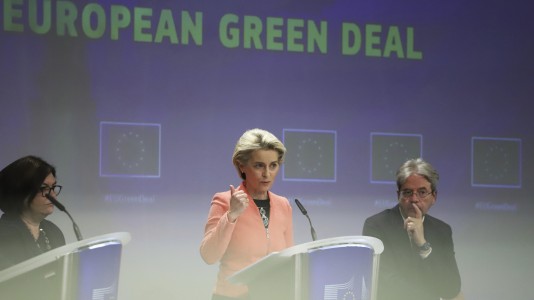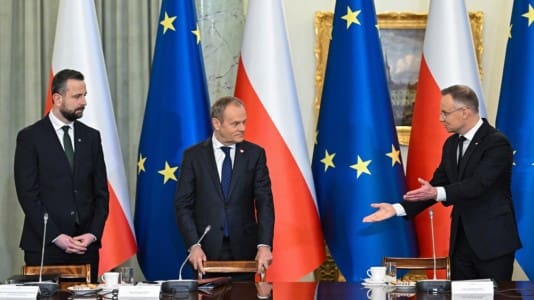Following the resignation of outgoing President Katalin Novák, the Hungarian government is racing to fill the position, while the Hungarian public is eager to know who will serve as president next.
With this in mind, Hungarian polling agencies began on Monday to gauge the popularity of potential candidates. The poll, which will be conducted on a sample of thousands of people, will cover both public and economic issues, news portal Index reports. The results will be available by the middle of next week, so that a decision on the candidate can be taken at the parliamentary group meeting on Feb. 21. However, it is unclear if the results will be made public or used by the government to gauge the popularity of select candidates.
According to information from Index, a large-sample poll of 4,000 to 5,000 voters across the country, commissioned by a pro-government foundation, began on Monday afternoon. One of the main aims of the survey is to probe residents’ opinions on potential candidates for republican president and other public issues.
Novák, the country’s first female to hold the position of president, resigned last Saturday for her role in the pardon of a perpetrator linked to a pedophile case.
According to Index, there are currently four people whose popularity is being measured. Former businessman and current Minister of Defense Kristóf Szalay-Bobrovinczky aged 54, who was also ambassador to London from 2016 to 2022.
Another candidate is Prime Minister Viktor Orbán’s former right-hand man and current Minister of Regional Development Tibor Navracsics, 57, who has also served in several positions in previous Fidesz governments and was European Commissioner for Education, Culture, Youth and Sports from 2014 to 2019.
The third potential candidate is cardiologist Béla Merkely 57, currently rector of the Budapest Semmelweis University, who came to national fame during the Covid pandemic when he headed the country’s Clinical Epidemiology Workgroup.
The fourth is historian of philosophy Miklós Maróth, 81, who is said to have been instrumental in devising Orbán’s foreign policy of opening up to Asian countries.
In Hungary, the president has a largely ceremonial role and is elected by the single-chamber parliament where Orbán’s conservative Fidesz party currently has a two-thirds majority. Although after Novák’s resignation, opposition parties have been calling for a direct election of the president, that would require an amendment to the constitution, which they cannot implement without Fidesz.





